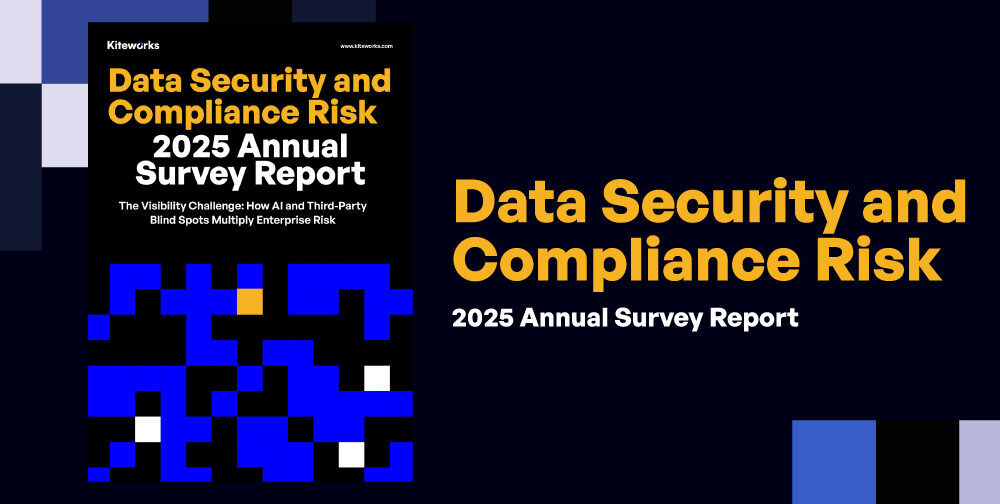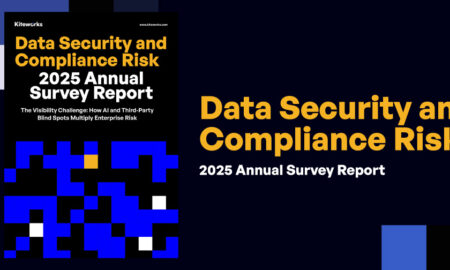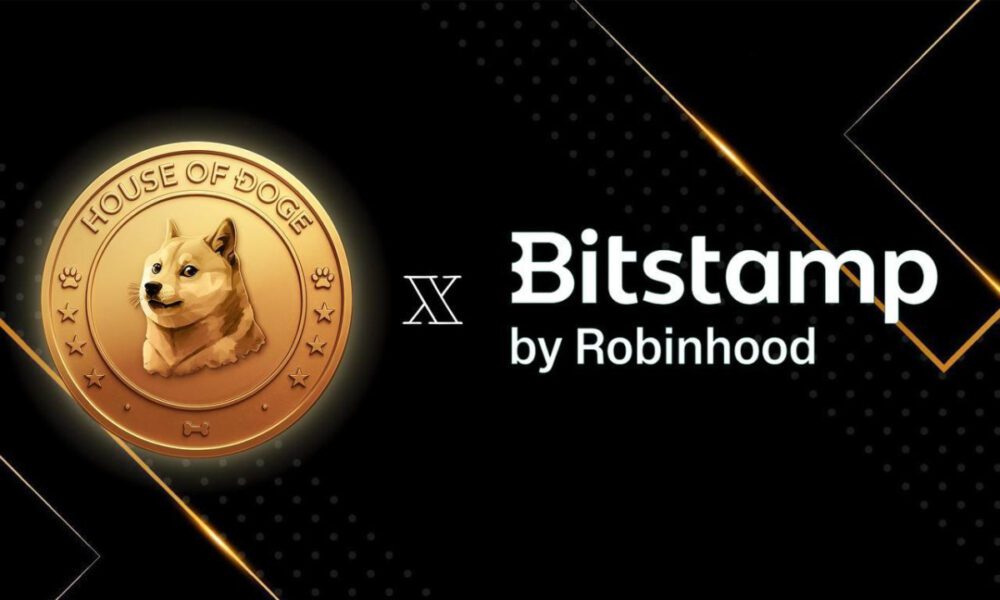When faced with a financial emergency, quick access to funds can be critical. While tribal installment loans may provide immediate relief for some, they often come with high interest rates and fees, making them a costly option for borrowers. Fortunately, there are numerous alternatives that can provide the financial assistance you need without the risks associated with tribal lending installment loans. In this article, we’ll explore these alternatives in detail, highlighting their benefits, risks, and key considerations.
1. Personal Loans from Banks or Credit Unions
Personal loans from traditional financial institutions often come with lower interest rates compared to tribal installment loans. These loans are typically unsecured, meaning you don’t need to provide collateral. However, approval is largely based on your creditworthiness.
Benefits:
- Competitive interest rates.
- Flexible repayment terms (usually ranging from 12 to 60 months).
- Higher loan amounts compared to payday or tribal loans.
Considerations:
- Requires a good credit score for the best rates.
- Processing time may take a few days, which might not suit urgent needs.
2. Credit Card Cash Advances
If you have a credit card, you can use it to withdraw cash up to a certain limit. While cash advances usually come with higher interest rates than regular card transactions, they are still less expensive than most tribal loans.
Benefits:
- Immediate access to cash.
- No additional application or approval process if you already own a credit card.
Considerations:
- High-interest rates and cash advance fees.
- Interest starts accruing immediately—there’s no grace period.
3. Borrowing from Family or Friends
Turning to trusted family members or friends for financial help can be a viable option. Such loans often come without interest or strict repayment terms.
Benefits:
- Interest-free or low-interest assistance.
- Flexible repayment schedules.
Considerations:
- Can strain personal relationships if repayment terms aren’t honored.
- May require open communication about finances.
4. Employer Payday Advances
Some employers offer no teletrack payday advance programs where employees can access a portion of their earned wages before payday. These advances come without interest or fees in most cases.
Benefits:
- No fees or interest (in most cases).
- Helps bridge gaps in cash flow without relying on external lenders.
Considerations:
- Limited to the wages you’ve already earned.
- Repeated advances may signal financial instability to your employer.
5. Online Peer-to-Peer Lending Platforms
Peer-to-peer (P2P) lending platforms connect borrowers directly with individual lenders. These platforms often have more lenient approval criteria and competitive interest rates compared to tribal loans.
Benefits:
- Access to loans with potentially lower interest rates.
- Flexible loan amounts and repayment terms.
Considerations:
- Approval time varies depending on the platform.
- Borrowers are assessed based on creditworthiness and income.
6. Local Community Assistance Programs
Nonprofits, religious organizations, and government agencies often provide emergency financial assistance in the form of grants or zero-interest loans. These programs cater to individuals facing financial hardship.
Benefits:
- No-interest financial aid or grants.
- No credit check required.
Considerations:
- May involve lengthy application processes or eligibility restrictions.
- Funds are often limited and prioritized for specific needs (e.g., medical bills, utilities).
7. Secured Loans
If you own valuable assets, such as a car, savings account, or other property, you can use them as collateral for a secured loan. Lenders are typically more willing to offer lower rates and higher loan amounts with collateral in place.
Benefits:
- Lower interest rates compared to unsecured loans.
- Accessible to borrowers with poor credit.
Considerations:
- Risk of losing the collateral if the loan isn’t repaid.
- Approval process may take time for asset evaluation.
8. Side Hustles and Gigs
In less immediate emergencies, you could consider taking up short-term gigs or freelance work to earn extra income. Many online platforms offer opportunities for quick gigs that pay immediately.
Benefits:
- No debt involved.
- Can build long-term financial resilience.
Considerations:
- Requires time and effort, which may not be suitable for urgent emergencies.
- Earnings may not be sufficient to cover large expenses quickly.
9. Negotiating Payment Plans
If your financial emergency involves outstanding bills (like medical expenses or utilities), reach out to the respective companies and ask for a payment plan. Many companies are willing to negotiate flexible repayment terms during tough times.
Benefits:
- Avoids taking out a loan.
- Protects credit score by avoiding missed payments.
Considerations:
- Not all companies offer payment plans.
- Requires proactive communication and planning.
10. Using an Emergency Savings Fund
If you have been saving for emergencies, now is the time to tap into those funds. Emergency funds are designed to cover unexpected expenses without relying on debt.
Benefits:
- No interest or fees involved.
- Immediate access to cash.
Considerations:
- Depletes savings, which may leave you vulnerable to future emergencies.
- Requires discipline to rebuild the fund afterward.
Final Thoughts
When faced with a financial emergency, it’s crucial to weigh all your options carefully. While tribal installment loans may appear convenient, their high costs often outweigh their benefits. Exploring alternatives such as personal loans, credit card advances, or employer programs can provide a more sustainable solution to your financial needs. Additionally, building an emergency fund and improving your credit score can help you avoid costly borrowing options in the future.
By evaluating your situation and considering these alternatives, you can make an informed decision that supports your financial stability in both the short and long term.































